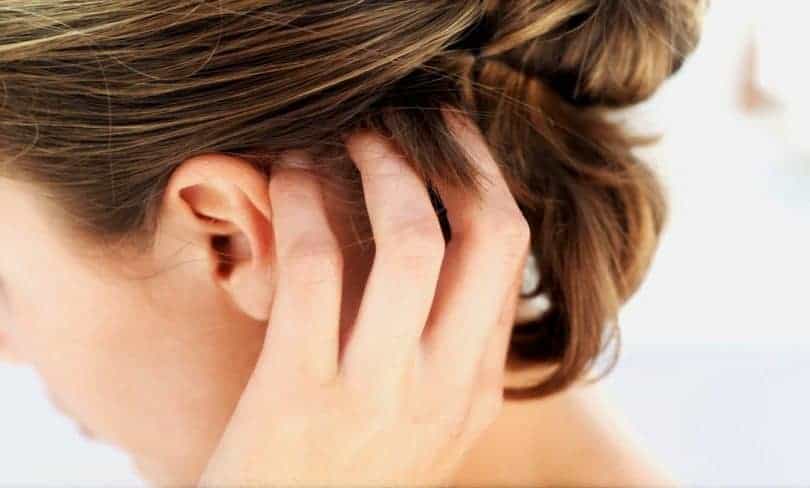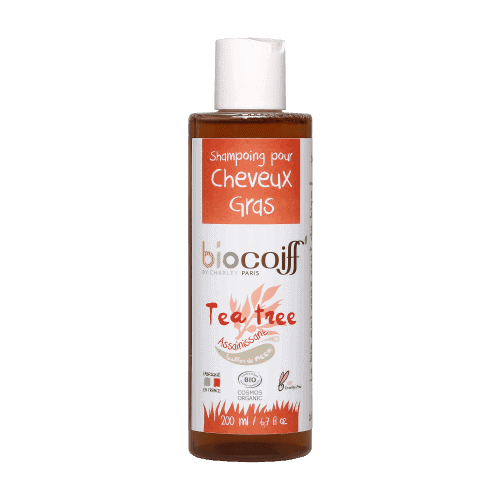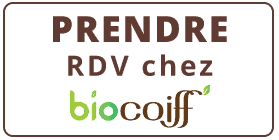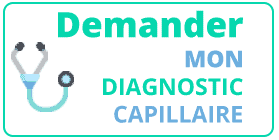La sensibilité du cuir chevelu reste une notion mal connue, même si bon nombre de personnes en souffrent. La douleur et l’irritation du cuir chevelu (ou trichodynie) est un état pathologique affectant les hommes et, en plus fort pourcentage, les femmes. La douleur ressentie sur le cuir chevelu est éprouvée, en particulier au niveau des racines.
Elle peut être plus ou moins intense, alternant parfois avec des périodes pendant lesquelles elle disparaît. Tiraillements, racines des cheveux douloureuses, démangeaisons… Le cuir chevelu est soumis à de nombreuses agressions quotidiennes qui le fragilisent.
En général, le traitement de ce problème est simple et dépend de sa cause. Nous vous en présentons ici quelques-unes ainsi que des conseils pour y remédier.
Douleurs au cuir chevelu : situation anormale mais bénigne
Il faut savoir d’abord que les tiraillements et la douleur ressentis au niveau du cuir chevelu ne sont pas normaux. Dans des conditions idéales, le cuir chevelu n’entraîne aucune douleur, on peut le toucher, le faire bouger, voire le pincer à l’instar de toute autre zone de la peau.
Dans le cas de la trichodynie, le cuir chevelu fait mal ou irrite sans raison apparente, et cela ne se limite pas à un seul endroit. Toucher ou brosser les cheveux peut aggraver la douleur. Ce problème s’associe souvent à une perte de cheveux. Les personnes atteintes ressentent une brûlure ou une irritation sur leur cuir chevelu, avec des démangeaisons si fortes qu’elles doivent se gratter. Mais se gratter n’apporte qu’un bref soulagement.
Mais nul besoin de s’inquiéter non plus, les problèmes du cuir chevelu peuvent être traités facilement. Il suffit de déterminer leurs causes et utiliser les soins appropriés.
Les causes des douleurs du cuir chevelu
Il existe plusieurs raisons qui peuvent expliquer le mal au cuir chevelu. Il va sans dire que les risques sont grands pour qu’un individu ayant un épiderme sensible soit aussi plus sujet aux douleurs au niveau du cuir chevelu.
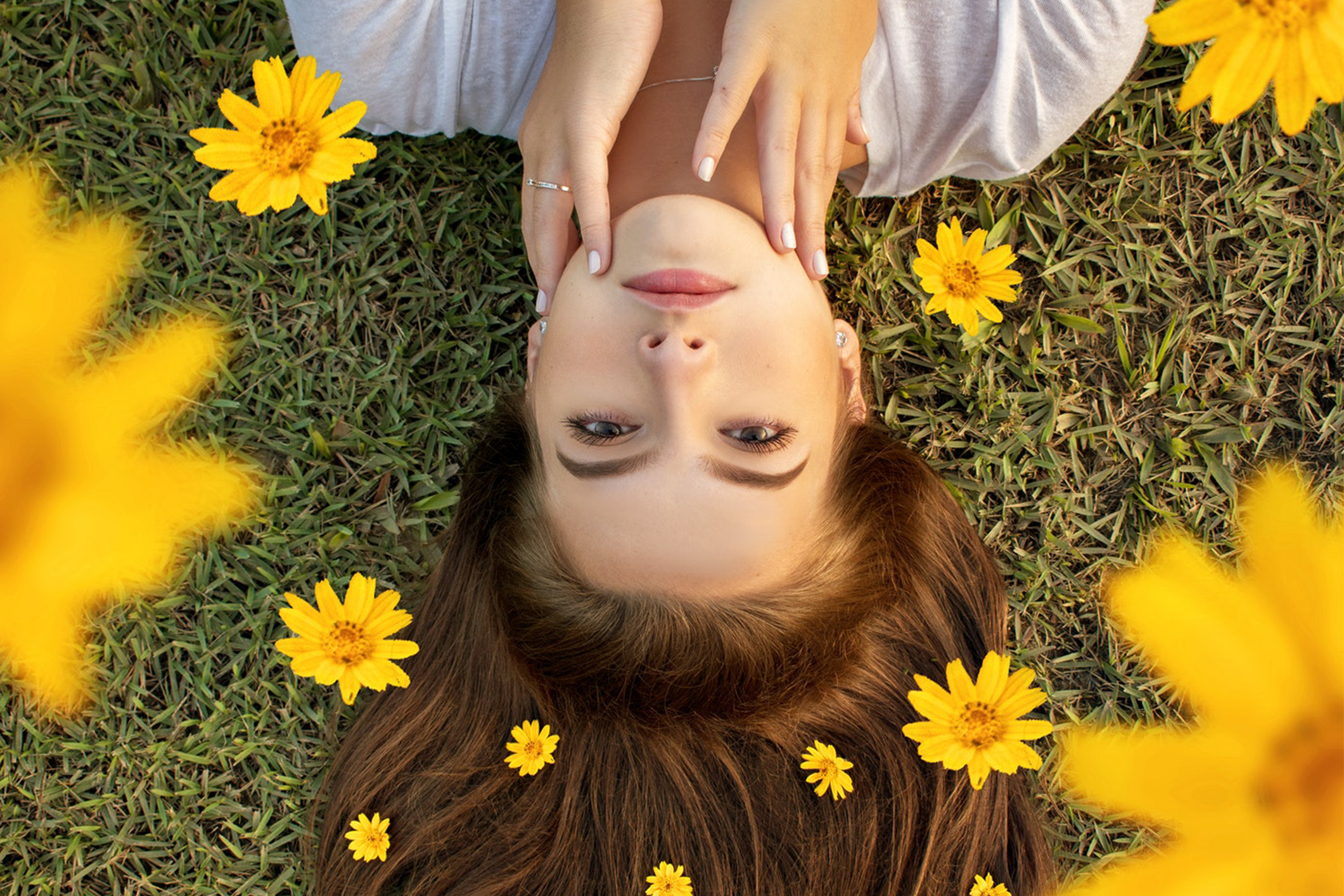
Voici les principales causes des tiraillements douloureux.
- Les agressions extérieures (soleil, pollution, piscine, sable, etc.);
- Une mauvaise circulation sanguine;
- La fréquence d’utilisation d’appareils d’où émanent des sources de chaleur;
- L’utilisation de produits capillaires agressifs et de traitements chimiques synthétiques;
- L’utilisation d’une brosse à cheveux en métal;
- Un manque de souplesse du cuir chevelu;
- Une coiffure trop serrée (tresses, queues-de-cheval, etc.);
- Le port d’extensions;
- Des carences alimentaires (zinc, magnésium, fer);
- Un excès de sébum;
- La sécheresse du cuir chevelu;
- Une crampe au niveau du muscle horripilateur;
- Une maladie auto-immune (dermite séborrhéique, maladie d’Horton, névralgie d’Arnold).
Des maux de têtes, démangeaisons, rougeurs, ou une desquamation sont parfois le signe d’affections qui peuvent vous alerter en plus de la douleur. Il convient dans ce cas de les traiter pour voir disparaître les troubles.
Choisir des produits et traitements capillaires adaptés
Certaines des causes énumérées précédemment sont difficiles à contrôler et par conséquent plus difficiles à traiter pour mettre un terme aux douleurs du cuir chevelu. Il est important de consulter un dermatologue pour évaluer la peau du cuir chevelu et indiquer la meilleure option de traitement.
Dans d’autres cas, comme l’utilisation de produits capillaires chimiques et agressifs, vous aurez juste besoin d’un changement d’habitudes dans votre routine capillaire. Pour cela, vous pouvez dans un premier temps réaliser un diagnostic capillaire gratuit en ligne ou dans un de nos salons Biocoiff. Ensuite, des produits adaptés à votre cuir chevelu, votre type de cheveux et votre problématique capillaire vous serons proposés. Des produits comme notre shampoing Tea Tree assainit le cuir chevelu et lutte contre les problèmes de pellicules et de démangeaisons.
Pour maximiser vos traitements, n’hésitez pas à appliquer quelques bonnes astuces telles que :
- Avoir une alimentation équilibrée;
- Protéger vos cheveux des agressions extérieurs;
- Réaliser des massages du cuir chevelu pour relancer la circulation sanguine;
- Privilégier les coiffures respirantes,
- Gérer à minima son stress.
Vous allez adorer
Le recours à des produits capillaires et à des colorations végétales ou au henné 100 % naturels et labellisés COSMEBIO – comme ceux proposés au Salon Biocoiff’ – contribue à mettre un frein à ce problème pour une meilleure santé des cheveux et du cuir chevelu.

 Coloration Végétale
Coloration Végétale
 Balayage minéral
Balayage minéral
 Soins Capillaires
Soins Capillaires
 Coupe
Coupe
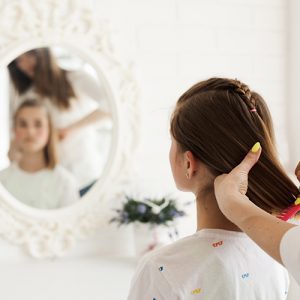 Diagnostic gratuit
Diagnostic gratuit
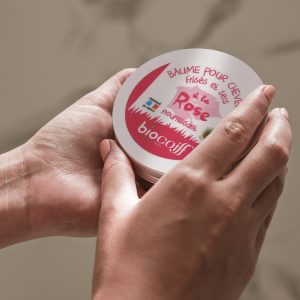 Accueil E-boutique
Accueil E-boutique
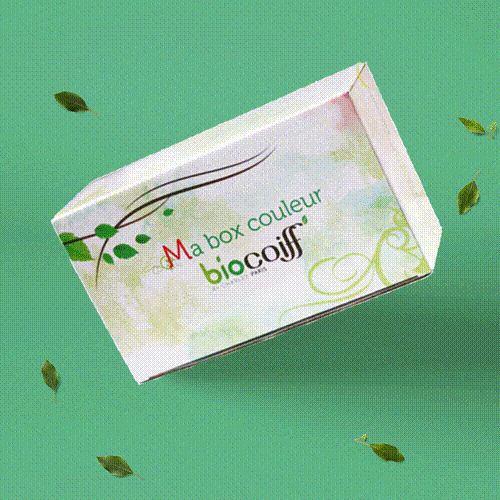 Box Couleur
Box Couleur
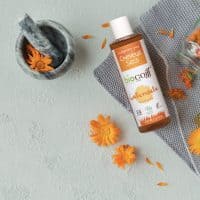 Shampoings
Shampoings
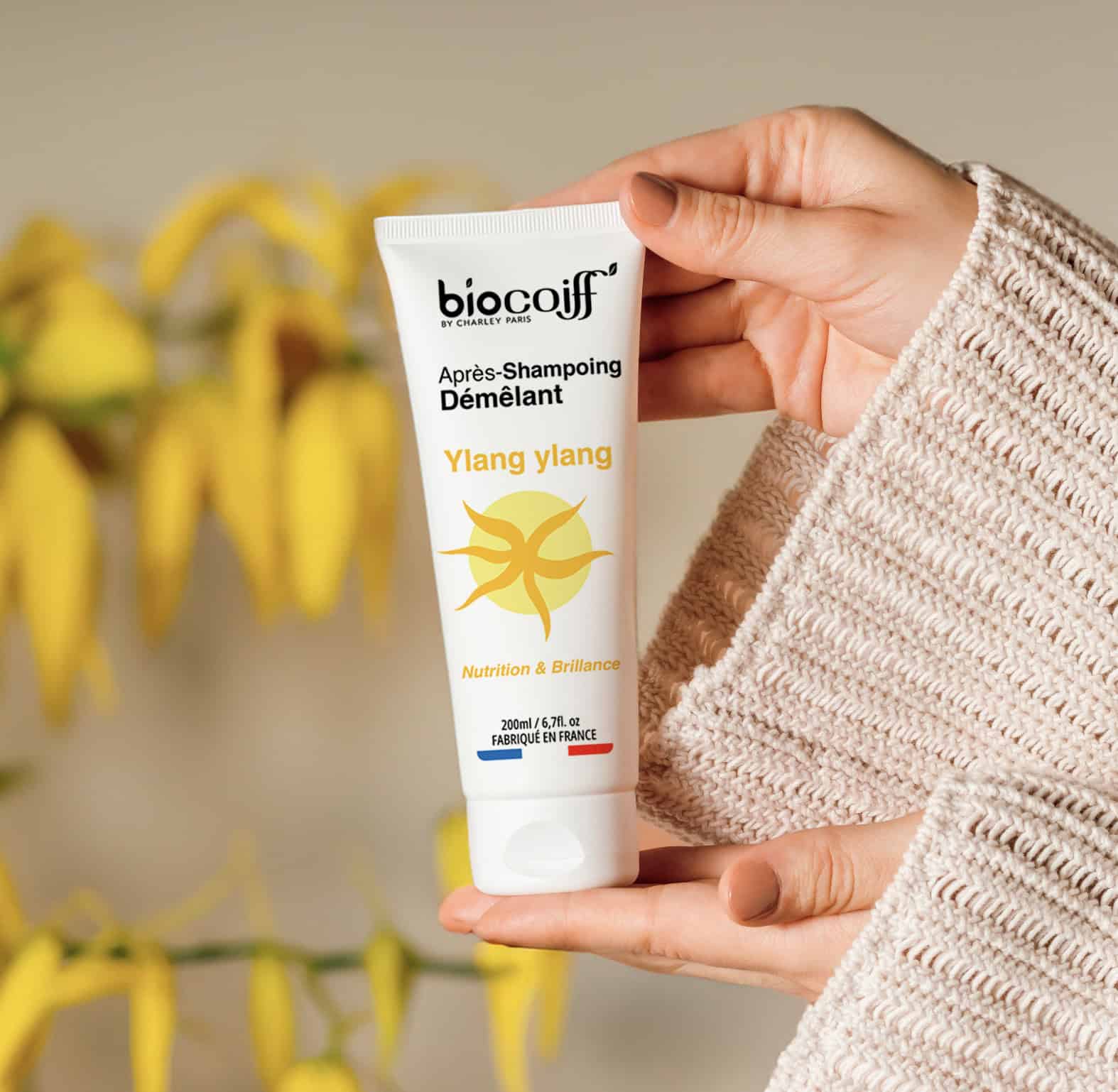 Soins
Soins
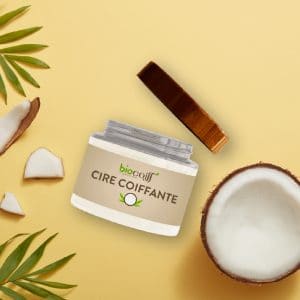 Coiffants
Coiffants
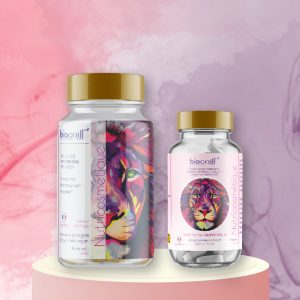 Nutricosmétiques
Nutricosmétiques
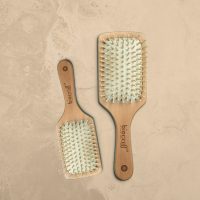 Accessoires
Accessoires

